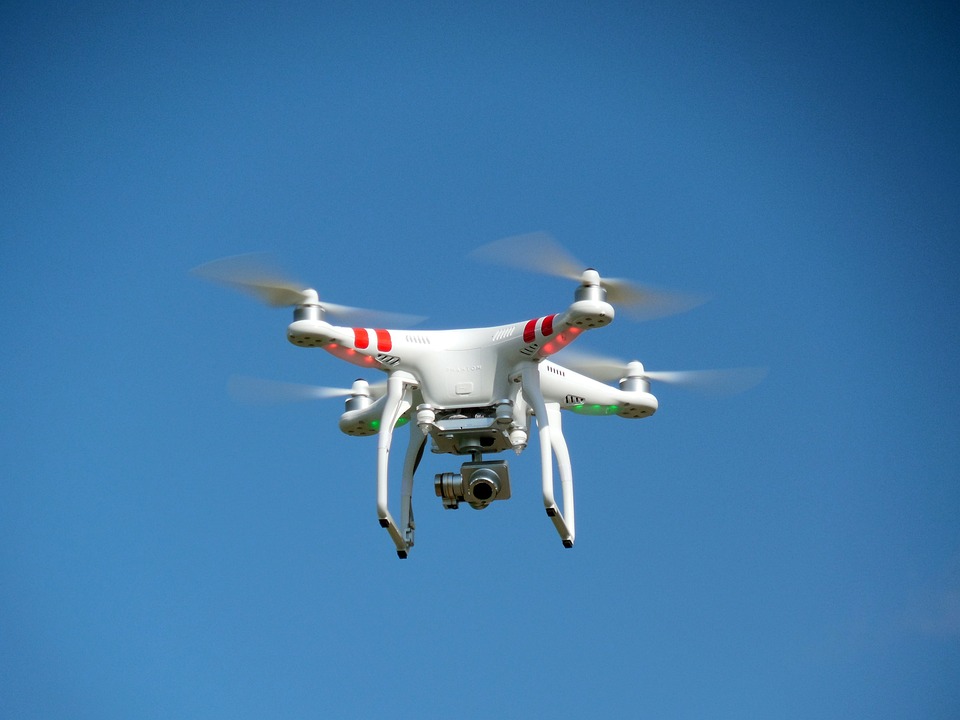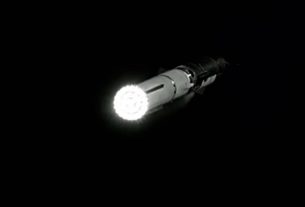In a groundbreaking move that could transform medical logistics, electric drones are now being used to transport blood samples in London, revolutionizing the speed and efficiency of critical medical deliveries. This innovation aims to improve patient care by reducing turnaround times for vital tests, helping healthcare professionals make faster, life-saving decisions, particularly for patients undergoing surgery who are at high risk of complications.
The Drone Delivery Service
The new service, launched in partnership with Synnovis, a leading provider of laboratory services, uses drones to quickly transport blood samples between two major hospitals in central London: Guy’s Hospital and St Thomas’ Hospital. The journey between the two facilities, which would typically take more than 30 minutes by road, is now completed in under two minutes thanks to the drones, which can fly directly across the river Thames and avoid the city’s traffic congestion.
The blood samples are critical for patients who require surgery, especially those with bleeding disorders or those who are particularly vulnerable to complications during surgery. Quick access to accurate test results is essential to determine whether these patients are stable enough to undergo the procedure or if they need additional treatment before surgery.
Speeding Up Critical Testing and Improving Patient Care
The ability to rapidly deliver blood samples from one hospital lab to another means that testing turnaround times can be dramatically reduced. This is especially important in high-risk surgical procedures, where doctors need to know the patient’s blood clotting status and other critical factors in real-time.
In the past, delays in sample delivery could mean waiting for critical test results, causing longer waiting times for patients and sometimes even postponing or delaying surgery. However, with the drone delivery system in place, these urgent samples are delivered in a fraction of the time, allowing lab technicians to process and analyze them faster. As a result, healthcare professionals can make quicker, more informed decisions about patient care, improving patient outcomes and reducing the risk of complications during surgery.
Environmental and Operational Benefits
Beyond the immediate clinical benefits, the use of electric drones for medical deliveries brings several operational and environmental advantages. For one, drones are electric, making them a more sustainable alternative to traditional delivery methods that rely on petrol or diesel-powered vehicles. In a city like London, where air quality and pollution are ongoing concerns, the use of electric drones could help reduce the carbon footprint of medical deliveries.
Additionally, drones are able to bypass the traffic congestion that often plagues London’s busy streets, ensuring that critical supplies and samples are delivered in a timely manner, regardless of road conditions. This reduces the chance of delays due to unexpected traffic jams or other road-related obstacles, making the overall logistics of healthcare delivery more reliable and efficient.
A Step Toward Broader Use of Drones in Healthcare
The successful implementation of drone deliveries for blood samples is a significant step toward the broader adoption of drones in healthcare logistics. As technology continues to improve, drones could soon be used to transport a wider range of medical supplies, including medications, vaccines, and even organs for transplantation, where speed is of the essence.
In fact, the idea of using drones to deliver medical supplies is gaining traction globally. Many healthcare systems are exploring drone technology as a way to address challenges such as long delivery times, supply chain inefficiencies, and high delivery costs—especially in remote or hard-to-reach areas. The success of this pilot program in London could pave the way for similar services in other cities worldwide, helping to revolutionize healthcare delivery and save lives by improving the speed and efficiency of medical logistics.
The Future of Drone-Enabled Healthcare
As the use of drones in healthcare expands, there are ongoing discussions about how to integrate these technologies into broader healthcare infrastructure. Issues such as regulation, safety, and privacy must be addressed to ensure the safe and effective operation of drones, particularly in urban environments where large numbers of people and vehicles are present. However, the positive results seen in London provide a promising glimpse into the future of drone-enabled healthcare, where speed, efficiency, and sustainability can all be improved in parallel.
The move to integrate drones into medical logistics reflects a growing trend of using cutting-edge technology to address longstanding challenges in healthcare delivery. With the world’s population aging and healthcare systems under increasing pressure, the ability to leverage technology like drones could be the key to improving patient care while reducing the strain on existing healthcare infrastructures.
Conclusion
The introduction of electric drones to transport blood samples between hospitals in London marks a significant milestone in the healthcare industry, offering faster, more efficient deliveries that have the potential to improve patient outcomes and surgical success rates. With this innovative service, the use of drones in healthcare could become a key element in the future of medical logistics, helping to save time, reduce costs, and ultimately save lives.
As the technology evolves and becomes more widespread, electric drones could play a central role in revolutionizing healthcare delivery, from reducing delivery times for medical supplies to enabling more sustainable and efficient logistics systems in hospitals worldwide.
References:
- National Health Executive, “Electric Drones Revolutionize Blood Sample Delivery in London” (2023).
- BBC News, “London Hospitals Use Drones for Blood Sample Delivery” (2023).
- The Guardian, “How Drones are Changing the Future of Healthcare Logistics” (2023).



